
Psychology
Here’s how to give a good gift, according to science
Gifting researcher Julian Givi outlines common mistakes gift givers make and how science can help us avoid those costly errors.
By Sujata Gupta
Every print subscription comes with full digital access

Gifting researcher Julian Givi outlines common mistakes gift givers make and how science can help us avoid those costly errors.
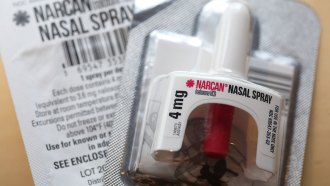
The first CRISPR gene-editing therapy, a new Alzheimer’s drug and RSV vaccines were among the big developments in medicine this year.
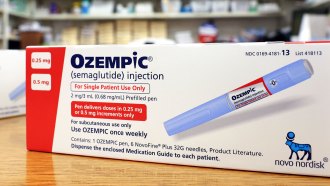
Ozempic and related drugs can drastically reduce body weight, and more potent versions are on the way. But questions remain about who should take them.
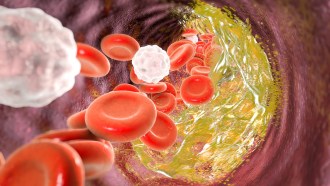
In a trial of 10 people with familial hypercholesterolemia, a genetic medicine reduced levels of LDL cholesterol in the blood by up to 55 percent.
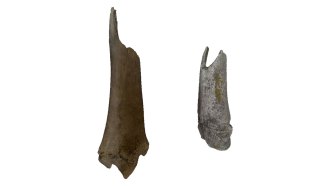
By the early 1600s, hunter-gatherers at the continent’s southern tip adopted horses left behind by colonial newcomers, new finds suggest.
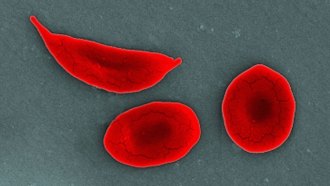
In the world’s first CRISPR-based treatment, genetic tweaks to red blood cells aim to help people with the often debilitating disease.
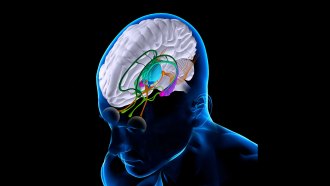
After deep brain stimulation, five patients with severe brain injuries improved their scores on a test of cognitive function.

Lidar discoveries and recent excavations are forcing archaeologists to rethink ancient Maya political structures.
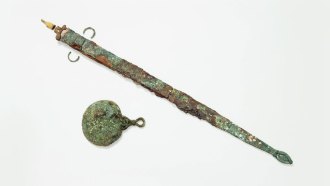
The items hint that she fought in or helped plan raids and defensive actions in what’s now southwestern England about 2,000 years ago, scientists speculate.
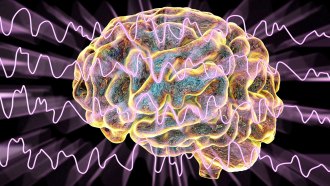
The automated device pairing brain activity and dosing kept two macaques sedated for 125 minutes, raising hopes of precision anesthesia for people.
Subscribers, enter your e-mail address for full access to the Science News archives and digital editions.
Not a subscriber?
Become one now.